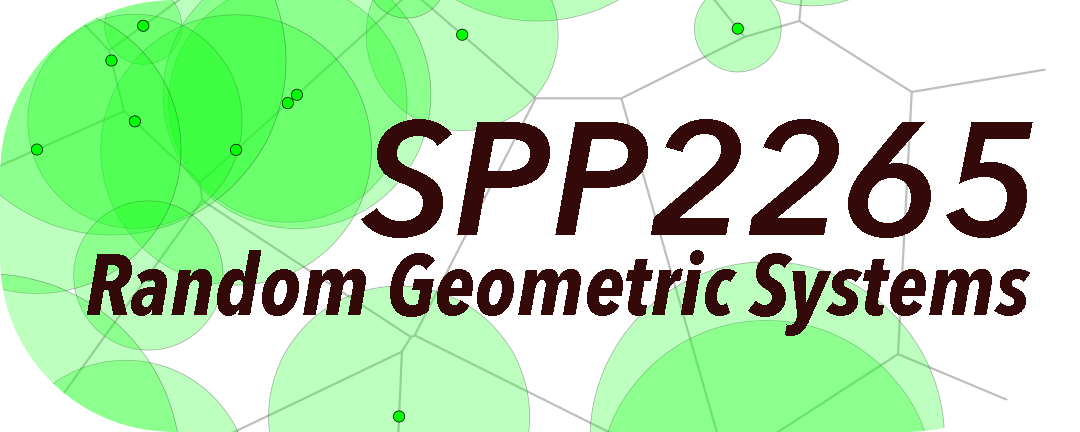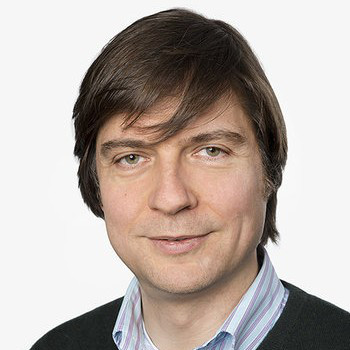P10
Optimal matching and balancing transport
Description Phase 2
The optimal matching problem is one of the classical optimization problems
in probability. By now, there is a good understanding of the macroscopic
behaviour with some very detailed results, several challenging predictions,
and open problems. The goal of this project is to develop a refined analysis
of solutions to the optimal matching problem from a macroscopic scale down
to a microscopic scale.
Within this project, we concentrate on two main directions. On the one hand
we are interested in quantitative convergence of the displacements of the
optimal matching problem to Gaussian fields on mesoscopic scales. On the
other hand we seek to obtain microscopic information by establishing (non-
)existence of the thermodynamic limit.
The main theoretical foundation for this project is a deterministic quantitative
linearization result of the Monge-Ampère equation. In this project, we also
aim to further push the deterministic regularity theory and test its applicability
beyond the model case of iid uniform points.
Description Phase 1
The optimal matching problem is one of the classical problems in probability.
By now, there is a good understanding of the macroscopic behaviour with some very
detailed results, several challenging predictions, and open problems. The
goal of this project is to develop a refined analysis of solutions to the optimal matching problem from a macroscopic scale down to a microscopic scale.
Based on a recent quantitative linearization result of the Monge-Ampère
equation developed in collaboration with Michael Goldman, we will investigate two main directions. On the one hand, we aim at rigorously connecting the solutions to the optimal matching problem to a Gaussian field which scales as the Gaussian free field. On the other hand, we seek to close the gap and show that
rescaled solutions to the optimal matching problem converge in the thermo-dynamic limit to invariant allocations to point processes, or more generally to
balancing transports between random measures. In the long run, combining
these limit results with the Gaussian like behaviour of solutions to the matching problem, we seek to analyse the random tessellations induced by the
limiting invariant allocations.
Preprints/Publications
Michael Goldman, Martin Huesmann, Felix Otto:
Almost sharp rates of convergence for the average cost and displacement in the optimal matching problem
(12/2023)
Martin Huesmann, Francesco Mattesini, Felix Otto:
There is no stationary p-cyclically monotone Poisson matching in 2D
(11/2023)
Nicolas Clozeau, Francesco Mattesini:
Annealed quantitative estimates for the quadratic 2D-discrete random matching problem
(03/2023)
published
Martin Huesmann, Francesco Mattesini, Dario Trevisan:
Wasserstein Asymptotics for the Empirical Measure of Fractional Brownian Motion on a Flat Torus
(05/2022)
published
Martin Huesmann, Francesco Mattesini, Felix Otto:
There is no stationary cyclically monotone Poisson matching in 2d.
(09/2021)
published
Michael Goldman, Martin Huesmann:
A fluctuation result for the displacement in the optimal matching problem
(05/2021)
published
Felix Otto, Maxime Prod'homme, Tobias Ried:
Variational approach to regularity of optimal transport maps: general cost functions
(07/2020)
published
Tatsuya Miura, Felix Otto:
Sharp boundary ε-regularity of optimal transport maps
(02/2020)
published




